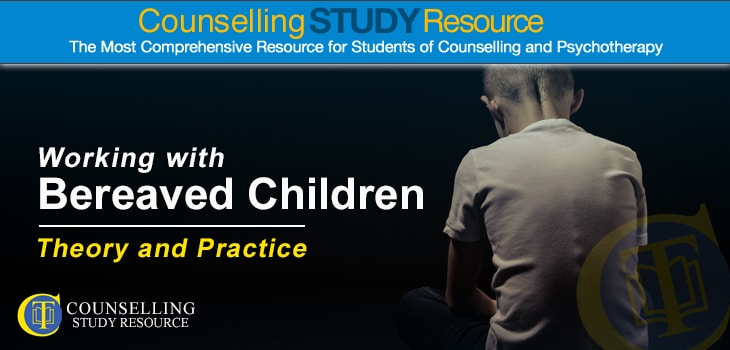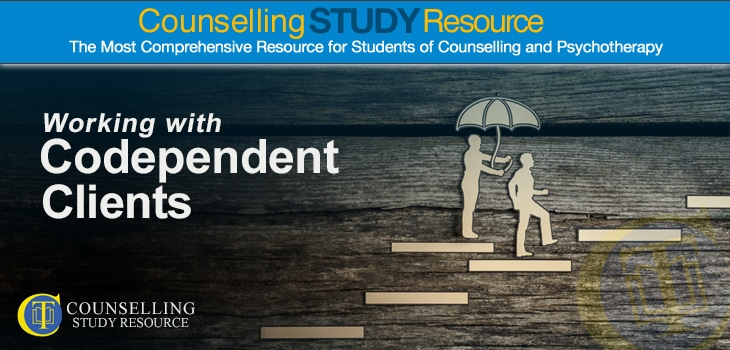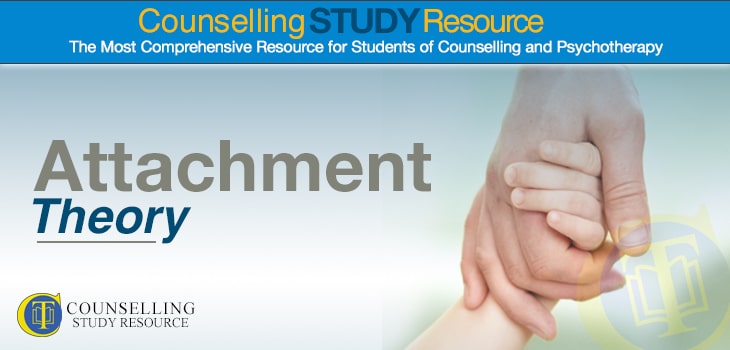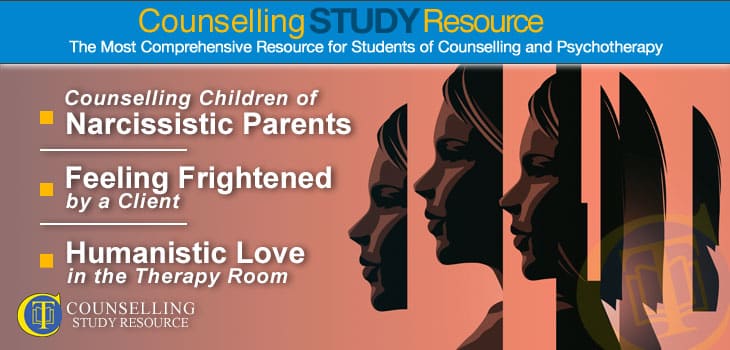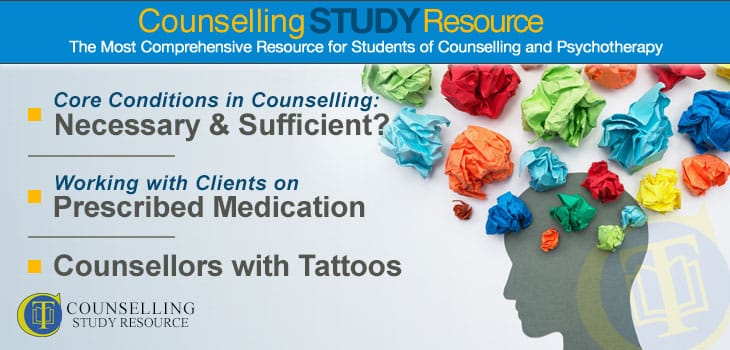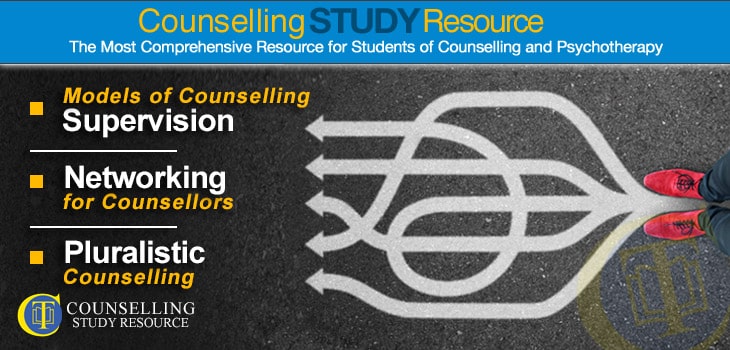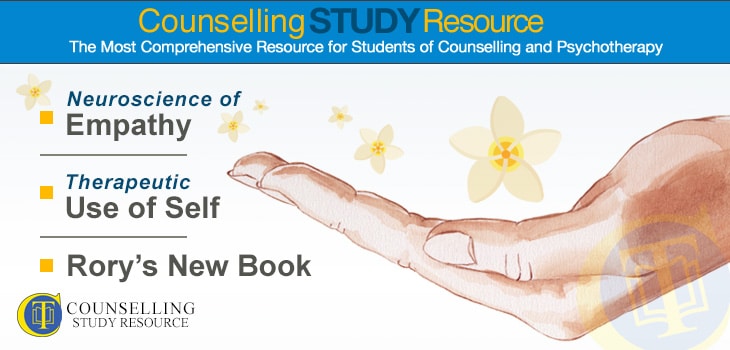Loss and Bereavement in Children and Young People
Loss and Bereavement in Children and Young People Ethical Considerations The Ethical Framework for the Counselling Professions (BACP, 2018: 16) states: 27. Careful consideration will be given to working with children and young people that: a. takes account of their capacity to give informed consent, considering whether it is appropriate to seek the consent of […]
Loss and Bereavement in Children and Young People Read More »
